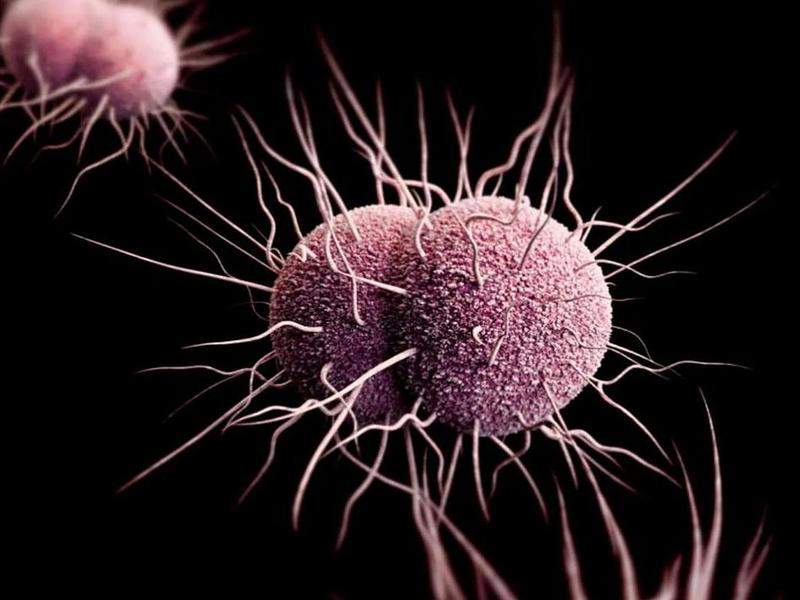
A Phase II clinical trial funded by the National Institutes of Health (NIH) has shown that new antibiotic candidate zoliflodacin could cure uncomplicated gonorrhoea in the majority of patients.
Zoliflodacin is an investigational oral therapeutic developed by Entasis Therapeutics. It is said to work through a unique mechanism of DNA synthesis inhibition.

Discover B2B Marketing That Performs
Combine business intelligence and editorial excellence to reach engaged professionals across 36 leading media platforms.
The multi-centre trial compared single 2g or 3g dose of the drug candidate with 500mg of injectable ceftriaxonethe in 179 patients aged 18 to 55.
Participants included those with symptoms of uncomplicated urogenital gonorrhoea, untreated urogenital gonorrhoea or sexual contact with someone with gonorrhoea 14 days or sooner to trial recruitment.
Culture results after six days of treatment showed that 98% of patients who received 2g zoliflodacin and all of those who used 3g of the drug candidate or ceftriaxone were cured of urogenital gonorrhoea.
Zoliflodacin cured all rectal gonorrheal infections and was able to cure pharyngeal gonorrhoea infections in 67% of participants in the 2g arm and 78% of those in the 3g group.

US Tariffs are shifting - will you react or anticipate?
Don’t let policy changes catch you off guard. Stay proactive with real-time data and expert analysis.
By GlobalDataResults further demonstrated the therapeutic to be well-tolerated, with the most common adverse event being transient gastrointestinal upset.
NIAID director Anthony Fauci said: “The rate of reported gonorrhoea cases in the United States has increased 75% since the historic low in 2009, and antibiotic resistance has considerably reduced the number of treatment options for this disease.
“These encouraging research findings published today suggest that zoliflodacin has the potential to be a useful and easy-to-administer oral antibiotic for treating gonorrhoea.”
Zoliflodacin is set to be further studied in Phase III trials across the Netherlands, South Africa, Thailand and the US next year.





